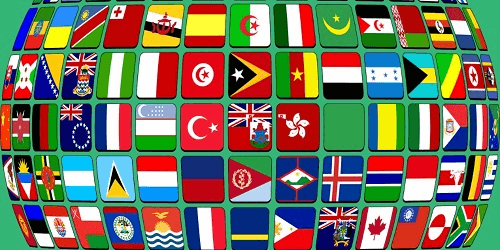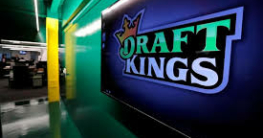The World’s Biggest Gambling Countries
When gambling countries are discussed, it often evokes glamorous visions of Las Vegas. Historically, America has been celebrated for its vibrant gaming culture. However, in contrast to common perception, the title of the world’s biggest gambler does not belong to America. Surprisingly, this distinction belongs to the least expected countries which we cover.

The Nations with the Most Extensive Gambling Activities
1. Australia
Australia exhibits a significant fascination with gambling, to the extent that it has even influenced the central bank to adjust interest rates. The nation allows online sports betting, while slot machines have become a favored pastime for many enthusiasts.
Notably, New South Wales stands as the focal point of Australia’s poker machine culture, responsible for half of the country’s total machine count.
Reports indicate that adult gamblers in Australia have experienced an average loss of $1,128 per person. Interestingly, between 2006 and 2010, an astonishing 935 gamblers voluntarily sought bans from casinos. However, it is disconcerting to note that these individuals were subsequently caught breaching their self-imposed bans on over 1,200 occasions during that specific period.
2. Singapore
Back in 2010, Singapore marked a significant milestone by inaugurating its first casino, propelling the nation to become one of the world’s leading gambling destinations. However, this development also sparked concerns among its citizens, primarily centered around worries of addiction and potential financial hardships.
In response to these apprehensions, the government took steps to discourage excessive gambling among locals. They implemented an entry fee of $81 for Singaporean citizens seeking access to the casino premises. Additionally, families were given the ability to protect their members from casino visits by availing “Family Exclusion Orders.”
Despite these precautionary measures, the passion for gambling in Singapore has shown remarkable resilience. In 2010, the country reported an average gambling loss of $1,174 per adult, underscoring the substantial impact of the gambling industry on both the nation’s economy and its social landscape.
3. Ireland
The casino industry in Ireland operates without regulation, as the country relies on the antiquated Gaming and Lottery Act of 1956. According to this law, only registered members’ clubs are permitted to offer casino services. Additionally, bets on gaming machines are limited to 6 pence, and gaming rewards are capped at 10 shillings. However, enforcing these restrictions has become challenging since the Irish pound ceased to be a legal tender in 1999.
Due to substantial losses incurred by gambling adults, averaging $588 per adult, the government has been compelled to act. Efforts are underway to enact new laws that will effectively regulate the gaming industry in Ireland, providing a more structured and controlled gambling environment for its citizens.
4. Canada
A significant majority, exceeding 75% of Canadian adults have participated in various forms of gambling activities. Notably, Saskatchewan stands out among the provinces, boasting the highest number of gamblers and generating a substantial gambling revenue of $841 per person aged 18 years and above.
Within Canada, lottery and scratch-and-win games have gained immense popularity among gamblers. However, the popularity of these lottery games has raised concerns about minors’ involvement. To tackle this issue, the government has taken proactive measures by implementing initiatives aimed at discouraging the practice of gifting lottery tickets to minors.
Regarding gambling losses, Canada has reported an average of $568 per adult, showcasing the notable impact of gambling on both the nation’s overall economy and the financial well-being of individuals.
5. Finland
According to the Ministry of Social Affairs and Health, more than 41% of Finland’s adult population engages in gambling activities on a weekly basis. To discourage underage gambling, the minimum age for gambling was raised from 15 to 18 years in 2011.
Finland’s national lottery company is government-owned and managed by the Ministry of Education. The revenue generated from the lottery is directed towards supporting education, culture, and arts initiatives in the country, contributing to various societal causes.
The Paf Group, operating an internet gambling company in Finland, demonstrates a commitment to responsible gambling practices. They offer paybacks to loyal customers who spend a minimum of $171.40 on their site but are identified as suffering from gambling addiction, aiming to provide support and assistance to those in need.
On average, Finnish gamblers lose approximately $553 per adult, highlighting the financial impact of gambling on individuals in the nation.


